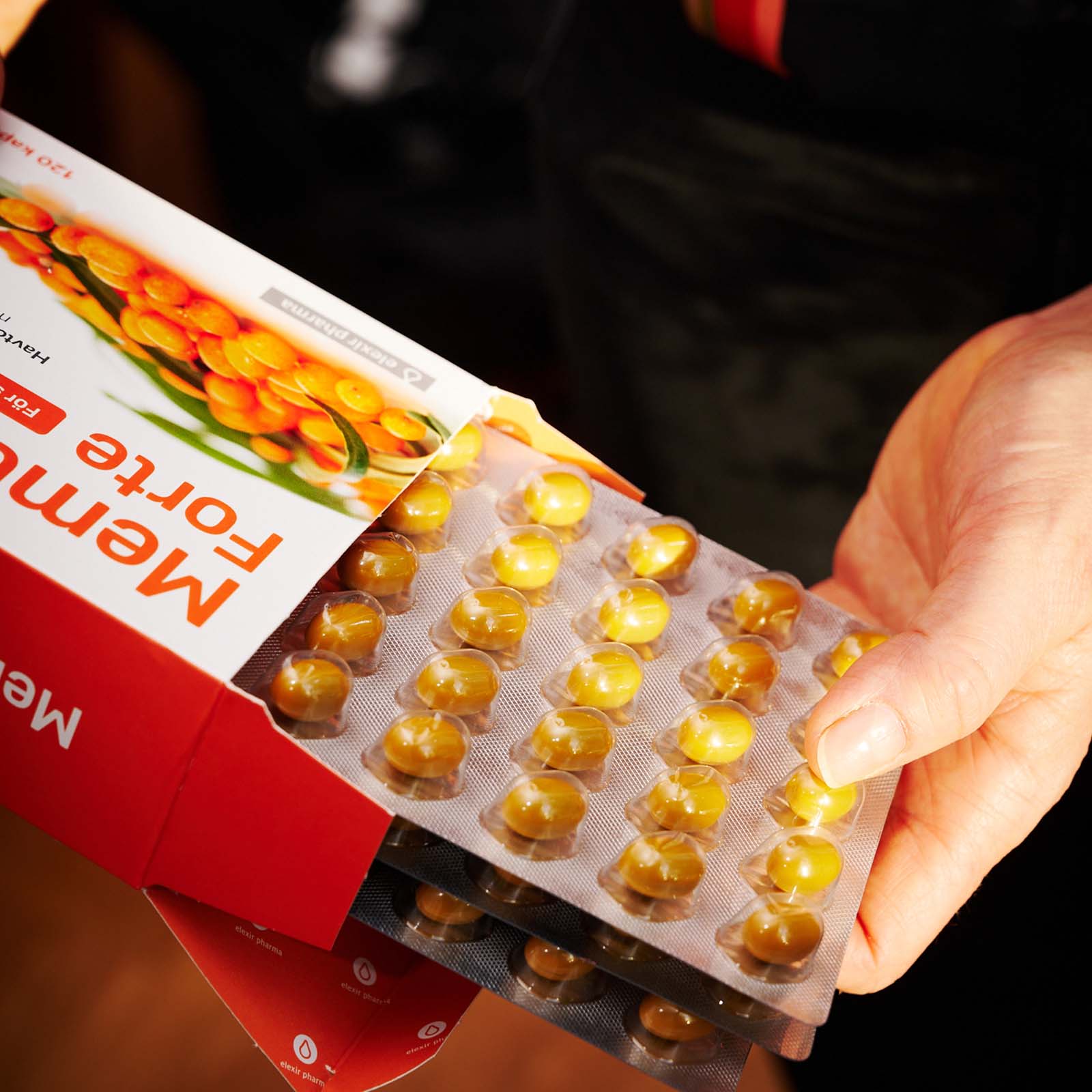

Slemhinnor har vi både inuti och utanpå kroppen som i ögon, näsa, mun, tarmar och kvinnans underliv. Ungefär hälften av alla kvinnor drabbas någon gång i livet av sköra slemhinnor, framför allt i samband med stora hormonförändringar så som efter graviditet och klimakteriet. Torra och sköra slemhinnor kan göra väldigt ont och orsaka stora besvär för kvinnor, men det finns hjälp att få. <3 Den här artikeln kommer fokusera på torra slemhinnor i underlivet (även kallat atrofisk vaginit).
Vanliga orsaker till torra slemhinnor
Torra slemhinnor hänger ofta ihop med sjunkande östrogennivåer hos kvinnor vilket sker i samband med klimakteriet och efter en graviditet. Vid sjunkande östrogennivåer minskar blodförsörjningen till slidan och slidväggen förtunnas. Det förändrar även pH-värdet i slidan (det stiger) vilket gör att antalet laktobaciller i bakteriefloran minskar. Man får ofta ökad risk för urinvägsinfektioner i samband med lägre östrogennivåer då slemhinnorna i urinblåsan och urinröret också påverkas. Andra orsaker kan vara användning av p-piller, vissa läkemedel, stress, bortopererade äggstockar eller livmoder och sjukdomar som exempelvis Sjögrens syndrom.
Vanliga symtom
Det finns många symtom på torra slemhinnor men några av de vanligaste är torrhet och klåda, flytningar, bleka slemhinnor, gör ont att kissa, smärta vid sex, upprepade urinvägsinfektioner eller behov att kissa ofta.
Naturlig lindring med havtornsolja
Havtornsolja är en fantastisk olja med en fin sammansättning av viktiga fettsyror. Den skiljer sig från andra bär just på grund av sin fettsyraprofil med höga halter omega-7. Förutom omega-7 finns även omega-3, omega-6 och omega-9. Fettsyror är viktig för kroppens slemhinnor, framför allt omega-7. Kroppen kan faktiskt tillverka omega-7 på egen hand, men produktionen minskar med stigande ålder och vid besvär med torra och sköra slemhinnor kan tillförsel av denna fettsyra göra skillnad.
Vetenskapliga studier visar att omega-7 har en viktig funktion för att upprätthålla och stabilisera huden och slemhinnornas celler. Brist på denna viktiga fettsyra kan leda till torra, sköra och ömtåliga slemhinnor i exempelvis underliv och urinvägar. Få livsmedel i naturen har så hög halt av omega-7 fettsyror som havtornsbär. Ett tillskott med havtornsolja kan därför skydda och stärka cellerna i slemhinnorna. Dessutom innehåller bäret rikligt med antioxidanter (askorbinsyra, tokoferoler, karotenoider, flavonoider) som skyddar cellerna mot oxidativ stress.
Viktiga vitaminer
Utöver havtornsolja finns även vitaminer som har betydelse för våra slemhinnors funktion. Vitamin A (och även betakaroten som är ett förstadie till vitamin A), vitamin B2, vitamin B3 och biotin bidrar till slemhinnornas normala funktion.





